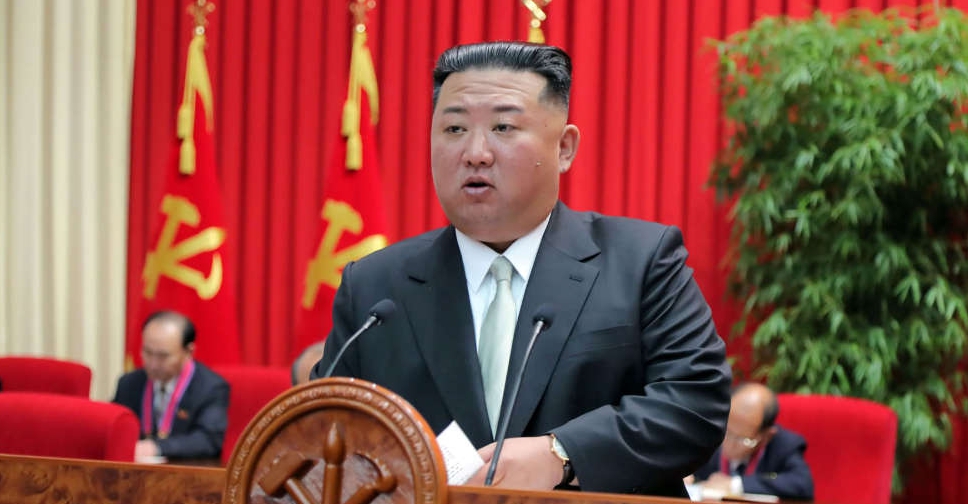
A North Korean ballistic missile landed less than 60 km off South Korea's coast on Wednesday, the first time an apparent test had landed near the South's waters, prompting South Korea to issue rare air raid warnings and launch missiles in protest.
The missile landed outside of South Korea's territorial waters, but south of the Northern Limit Line (NLL), a disputed inter-Korean maritime border in what South Korean President Yoon Suk-yeol called an "effective act of territorial encroachment".
South Korean warplanes fired three air-to-ground missiles into the sea north across the NLL in response, the South's military said. An official said the weapons used included an AGM-84H/K SLAM-ER, which is a US-made "stand-off" precision attack weapon that can fly for up to 270 km with a 360 kg warhead.
The South's launches came after Yoon's office vowed a "swift and firm response" so North Korea "pays the price for provocation".
The North Korean weapon was one of three short-range ballistic missiles fired from the North Korean coastal area of Wonsan into the sea, South Korea's Joint Chiefs of Staff (JCS) said. The JCS later said as many as 10 missiles of various types had been fired from North Korea's east and west coasts.
The JCS said at least one of the missiles landed 26 km south of the NLL, 57 km from the South Korean city of Sokcho, on the east coast, and 167 km from the island of Ulleung, where air raid warnings were issued.
"We heard the siren at around 8:55 am and all of us in the building went down to the evacuation place in the basement," an Ulleung county official told Reuters. "We stayed there until we came upstairs at around 9:15 am after hearing that the projectile fell into the high seas."
A resident on the southern part of the island said they received no warnings.
Nuclear-armed North Korea has tested a record number of missiles this year, and officials in Seoul and Washington say the North has completed technical preparations to conduct a nuclear weapon test for the first time since 2017.
The launches came just hours after Pyongyang demanded that the United States and South Korea stop large-scale military exercises, saying such "military rashness and provocation can be no longer tolerated."
Despite Yoon's declaring a national week of mourning after more than 150 people were killed in a weekend crowd surge in Seoul, the United States and South Korea began one of their largest combined military air drills on Monday. Dubbed Vigilant Storm, the exercises involve hundreds of warplanes from both sides staging mock attacks 24 hours a day.

 UK inquiry finds 'chilling' cover-up of infected blood scandal
UK inquiry finds 'chilling' cover-up of infected blood scandal
 Iranian President Raisi killed in helicopter accident, state media says
Iranian President Raisi killed in helicopter accident, state media says
 ICC prosecutor seeks arrest warrants for Israeli, Hamas leaders
ICC prosecutor seeks arrest warrants for Israeli, Hamas leaders
 Assange given permission to appeal against US extradition
Assange given permission to appeal against US extradition
 Israel intends to broaden Rafah sweep, Defence Minister tells US
Israel intends to broaden Rafah sweep, Defence Minister tells US




